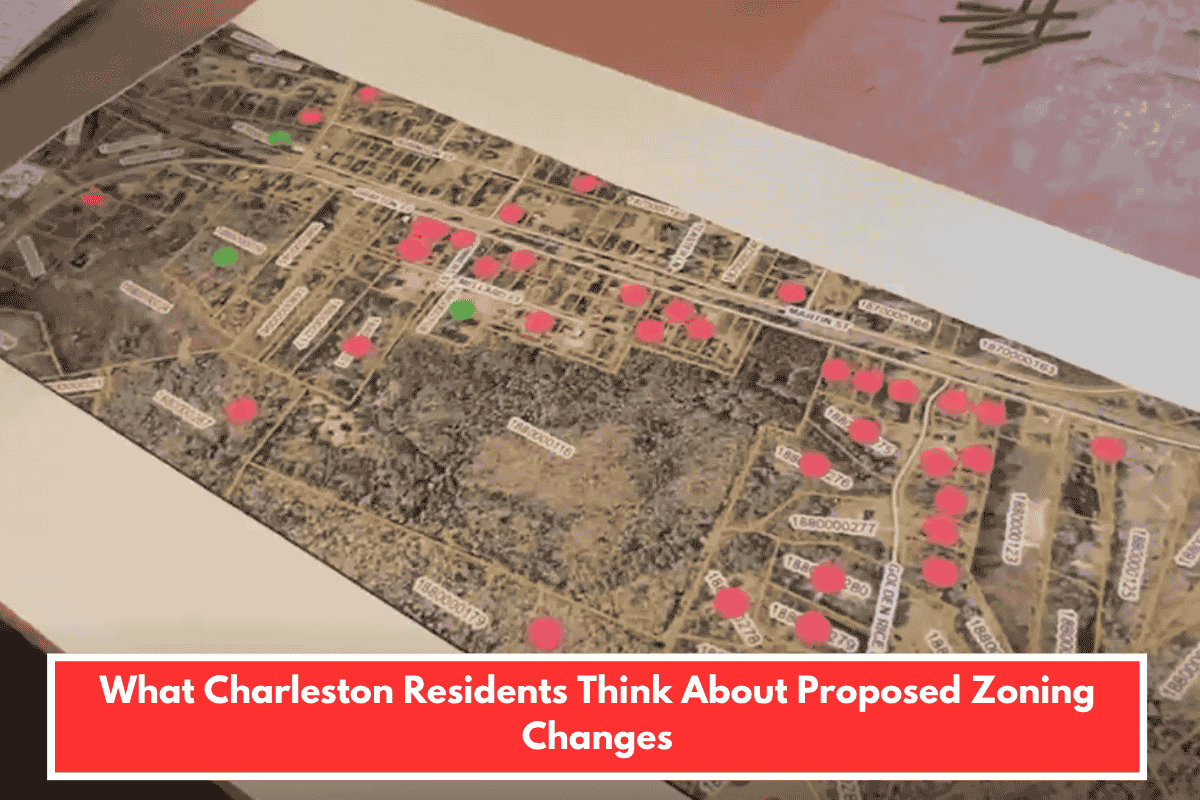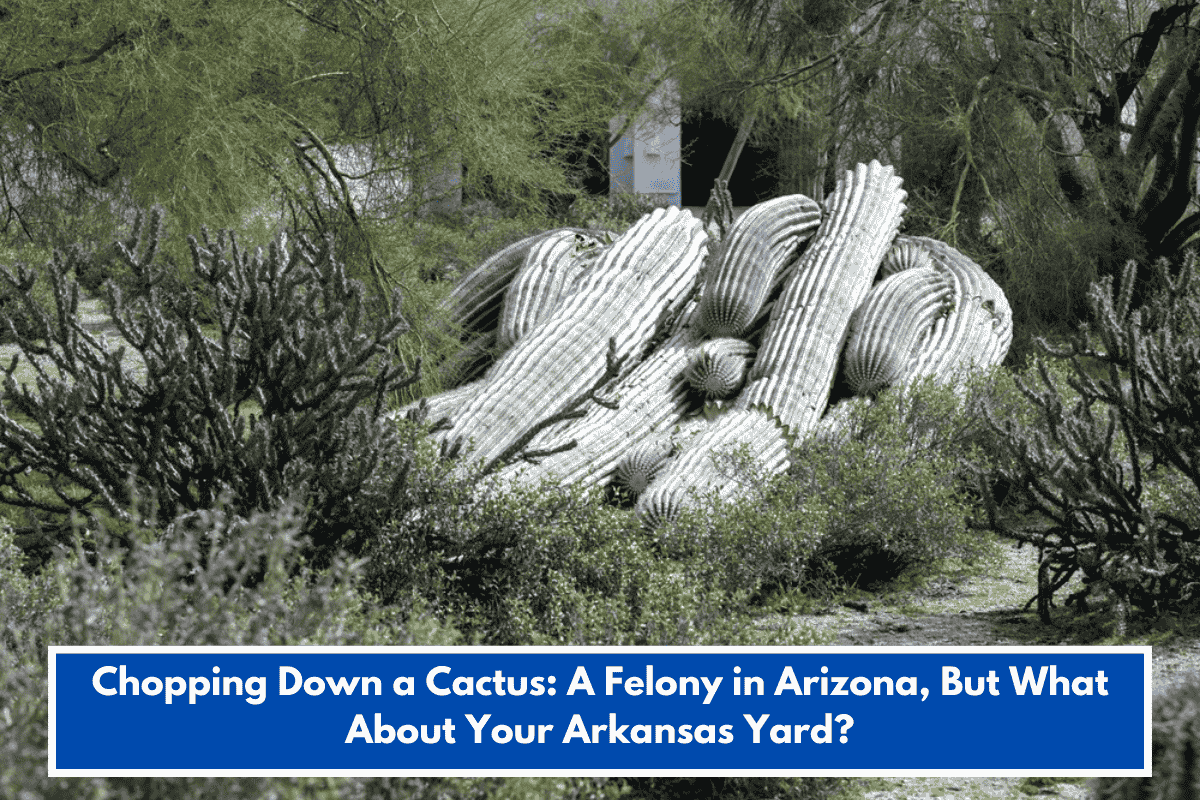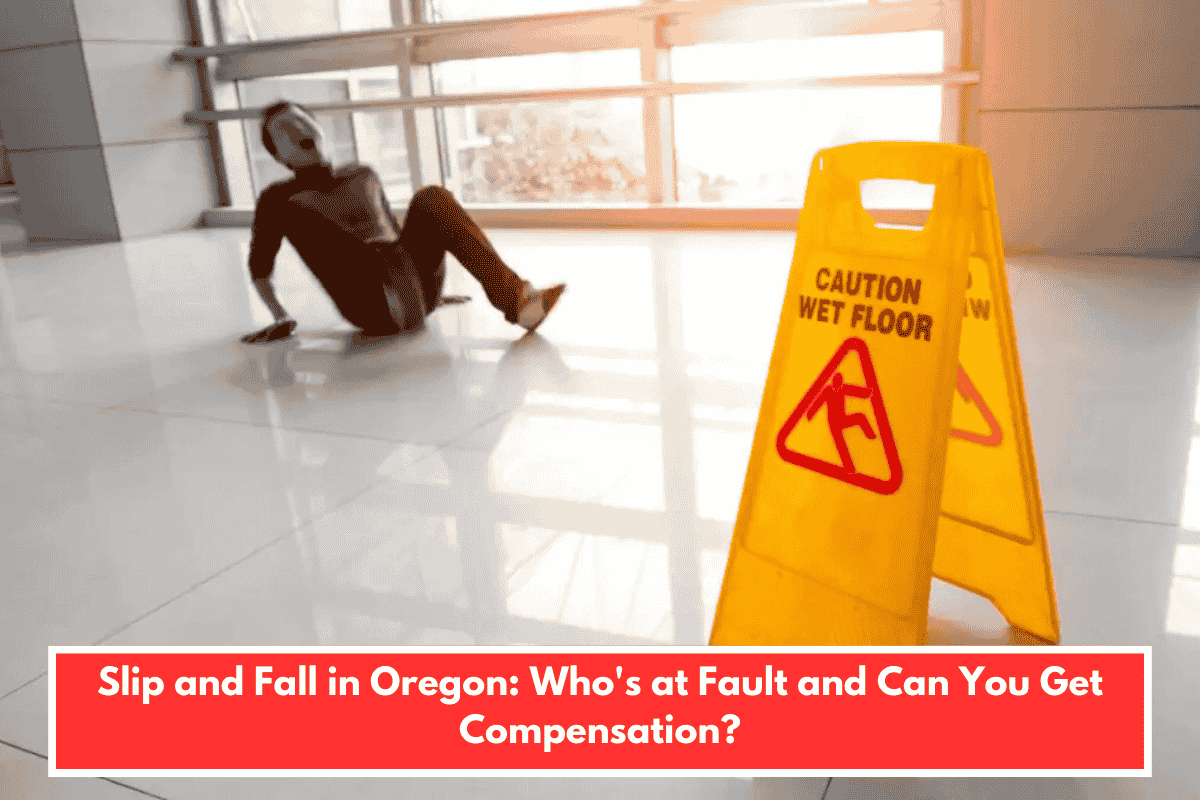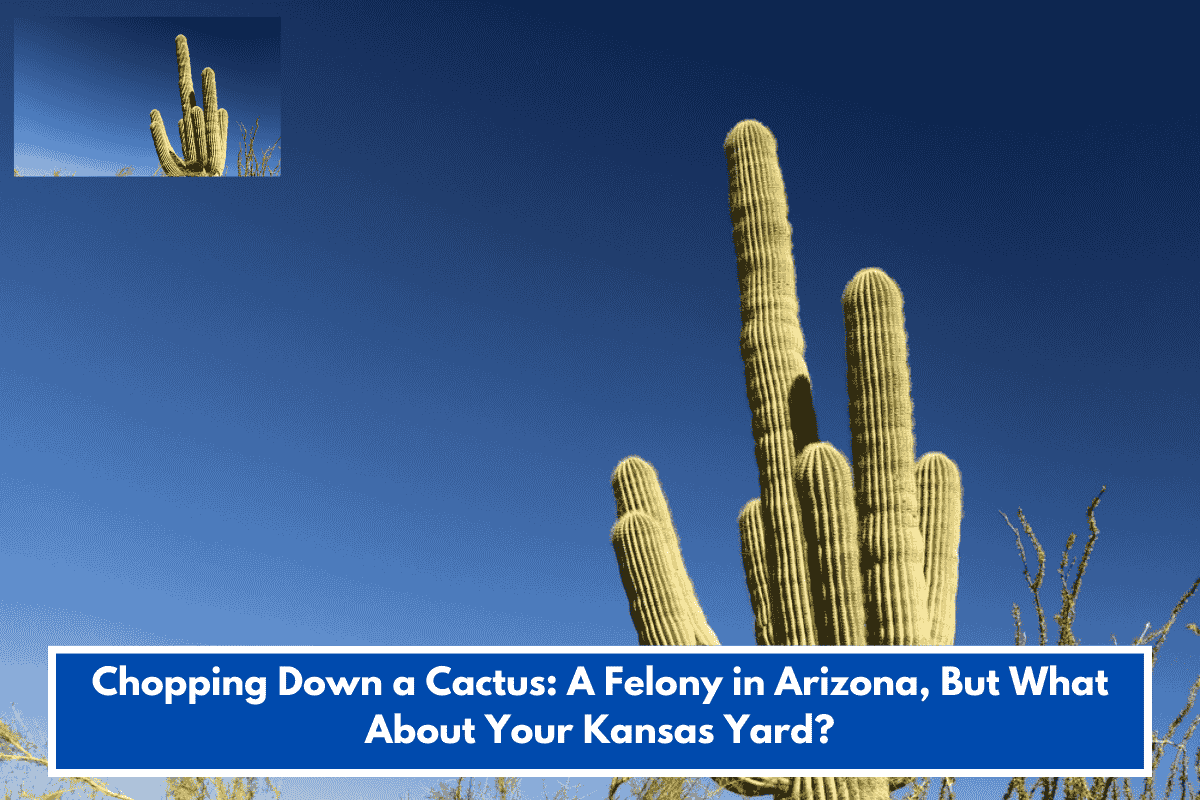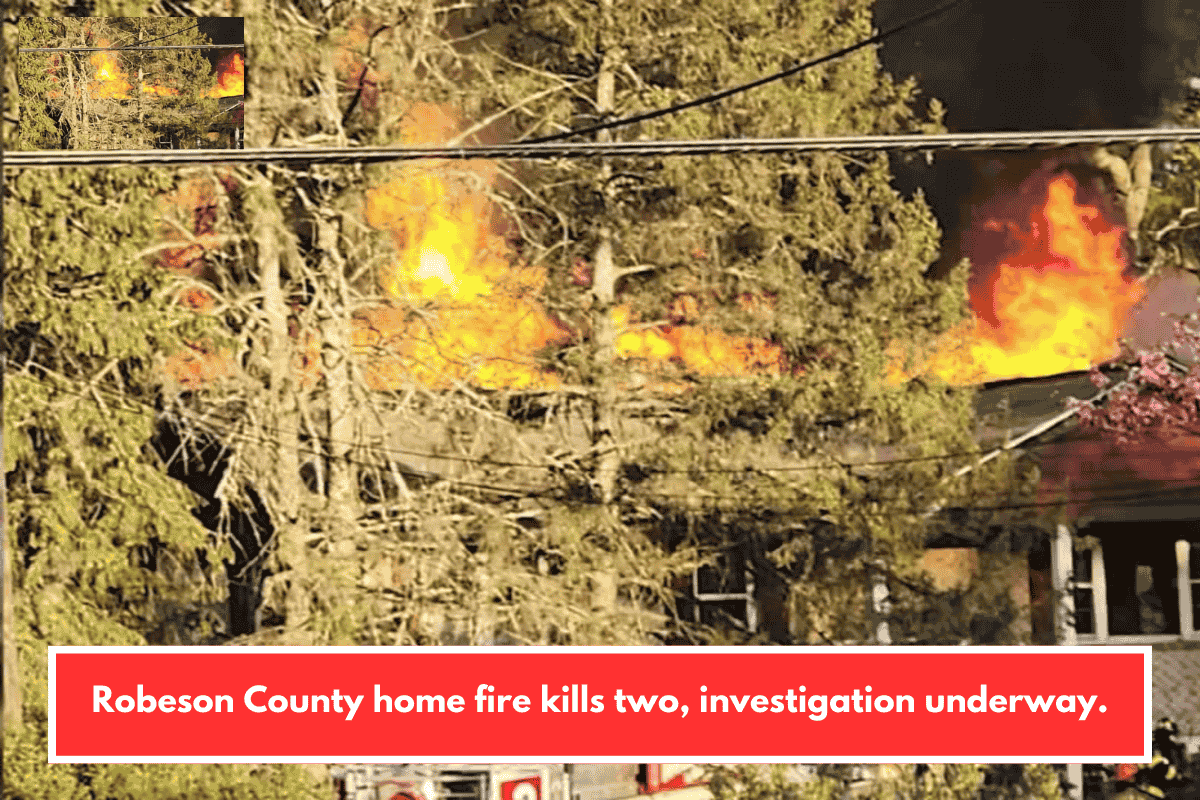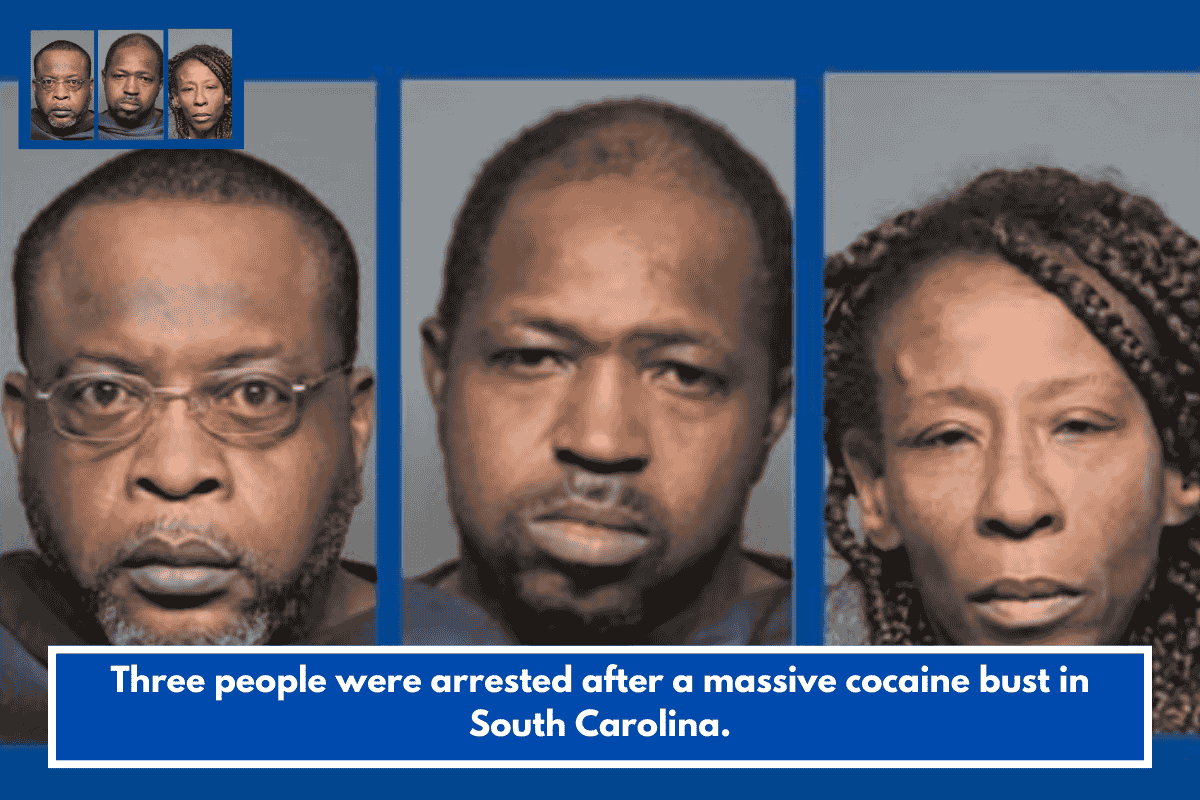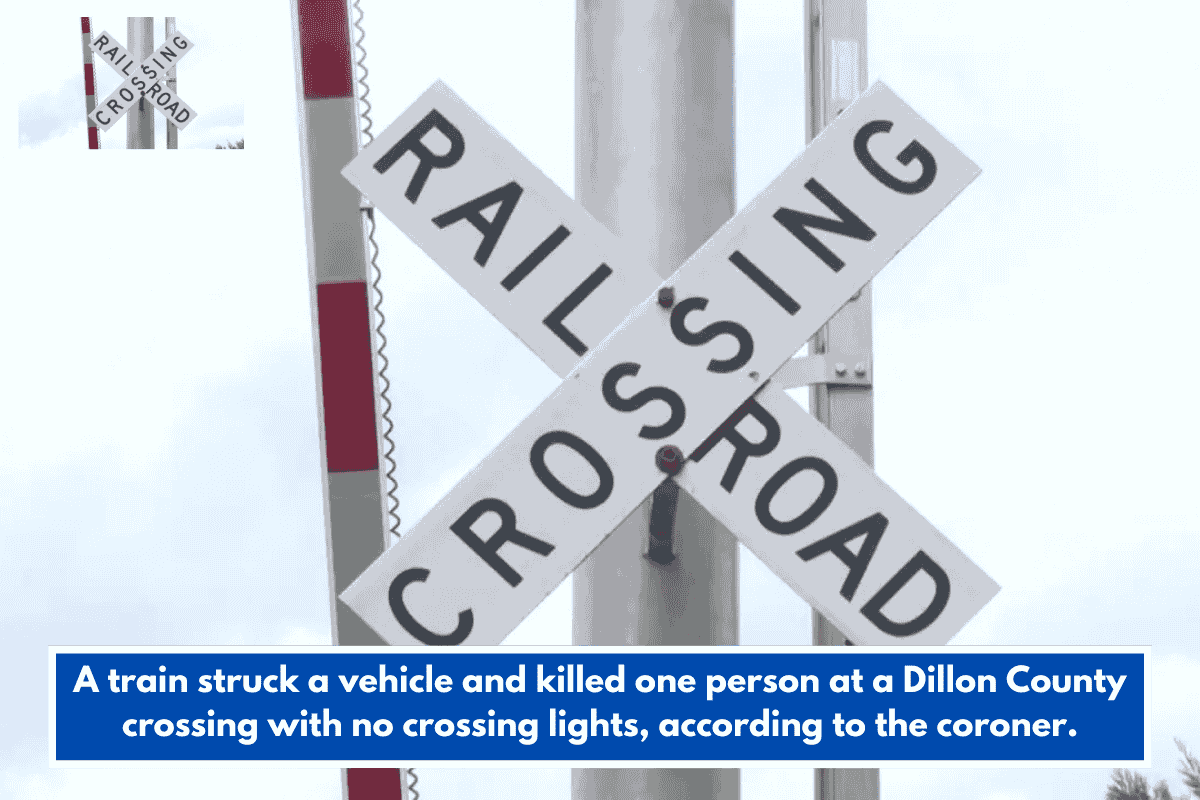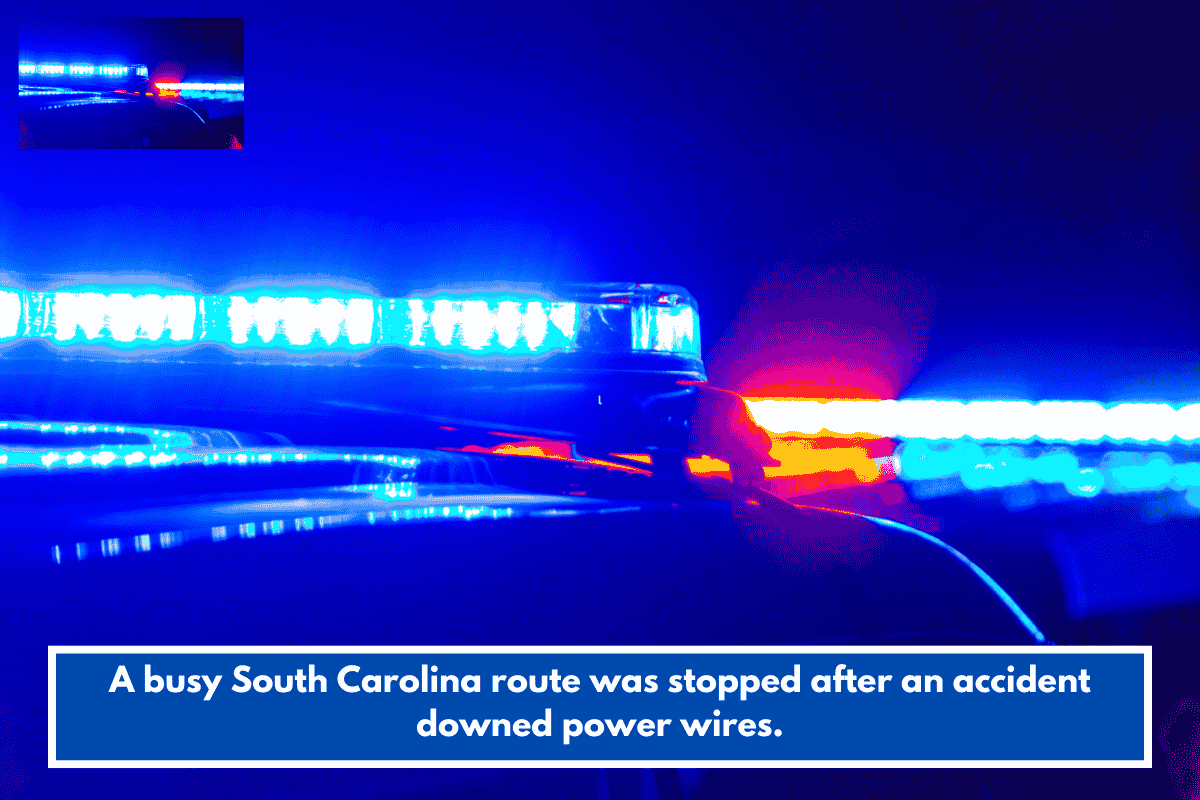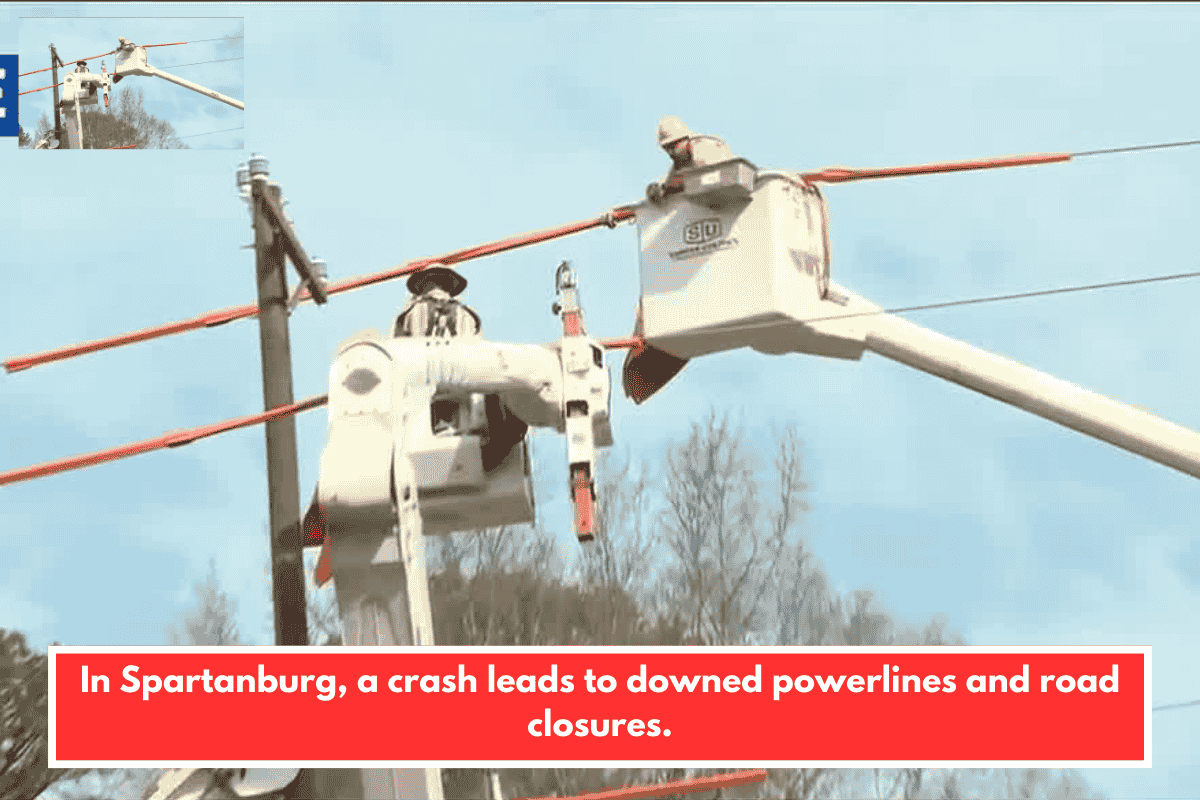Charleston residents have mixed but largely concerned opinions about the proposed zoning changes currently under discussion.
Opposition and Concerns from Residents
Many residents express strong opposition to significant rezoning proposals, especially those affecting established residential neighborhoods. For example, residents of Romney Street feel that changing the zoning from residential to commercial or mixed use would disrupt community life, increase traffic, and introduce noise, thus diminishing their quality of life. They emphasize preserving the neighborhood’s residential character and voice concern over increased commercial activity and its negative impacts.
Communities in historic or older neighborhoods, such as Liberty Hill in North Charleston, are also opposing zoning changes that they feel could alter the historic fabric of their neighborhoods or reduce property values. Residents worry proposed zoning overlays might limit property rights and development opportunities in ways that do not benefit long-term community residents.
Support and City Planning Perspective
Charleston city officials and planners advocate for comprehensive updates to the city’s zoning code, which has not been significantly revised since 1966. The proposed changes aim to modernize the code with a focus on guiding future development, including implementing elevation-based zoning to manage flood risks from rising sea levels. This approach encourages higher-density development in areas with better elevation and restricts development in flood-prone areas, which is framed as essential for the city’s climate resilience and long-term sustainability.
Community Input and Ongoing Adjustments
Public comments and community advocacy are influencing the content and detail of zoning proposals. For instance, in the case of the Medical University of South Carolina (MUSC) overlay zone, while expansion efforts have city council support, residents and advocates express concerns about historic preservation, flooding, traffic congestion, and parking availability. The city is working to balance growth with infrastructure needs and community priorities, showing some concession and ongoing dialogue with stakeholders.
Charleston residents generally emphasize protecting residential neighborhoods and historic areas from disruptive commercial zoning while recognizing the necessity of updating zoning laws to address climate challenges and urban growth. Public meetings and ongoing feedback sessions remain key to shaping these zoning changes.
If you want the latest details or precise statements from residents or officials, attending Charleston Planning Commission meetings or city public forums is recommendedd.
SOURCE
[1](https://www.charleston-sc.gov/AgendaCenter/ViewFile/Agenda/_04162025-9989)
[2](https://abcnews4.com/news/local/story/ten-mile-community-proposed-zoning-overlay-charleston-county-council-historic-black-community-mount-pleasant)
[3](https://www.youtube.com/watch?v=ri5jxWAVIlw)
[4](https://www.facebook.com/WCBDNews2/posts/residents-in-north-charlestons-oldest-neighborhood-are-raising-concerns-about-a-/1227033506125370/)
[5](https://abcnews4.com/news/local/charleston-pioneers-elevation-based-zoning-in-response-to-rising-sea-levels-south-carolina-enviornmental-news-abc-wciv-2024)

